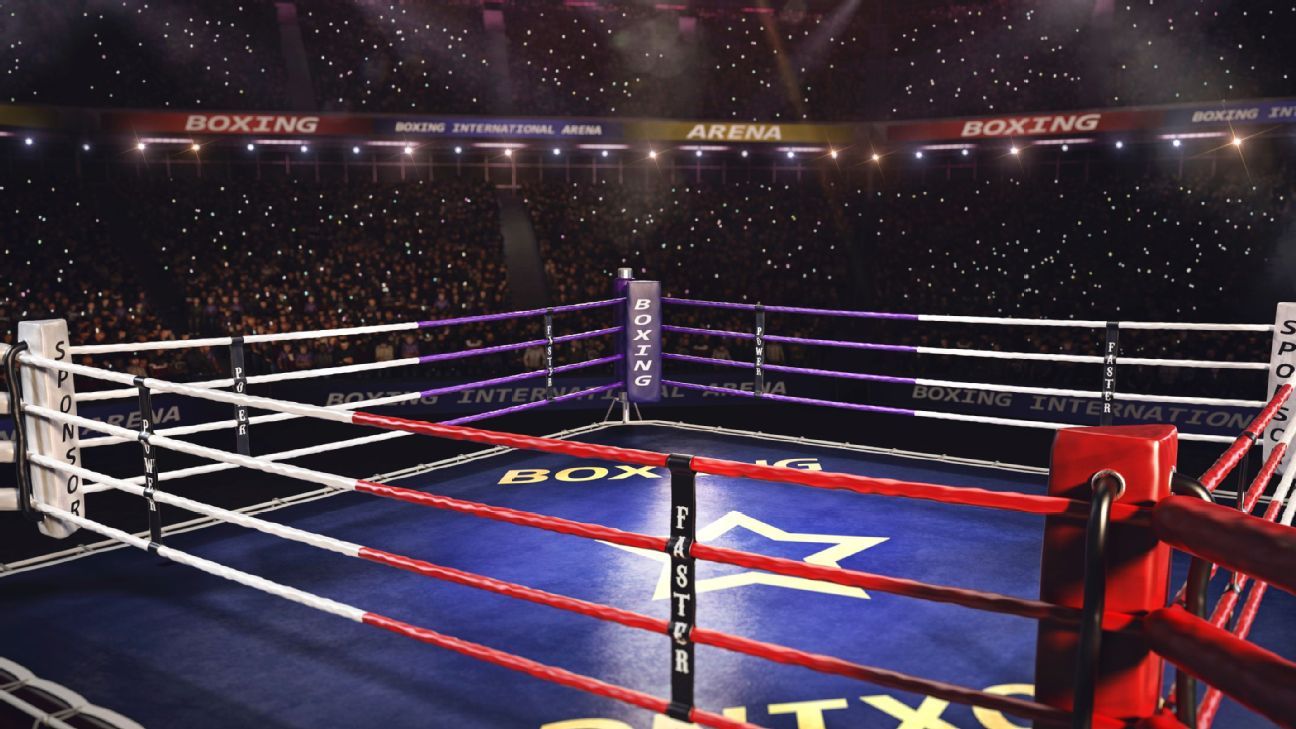In the wake of a fighter’s death, the Association of Boxing Commissions and Combative Sports (ABC) medical advisory committee has issued a statement urging athletic commissions to exercise caution when it comes to bare-knuckle fighting.
In the statement written Tuesday by co-chairman and ringside physician Dr. Michael Schwartz and obtained by ESPN, the medical advisory committee is asking commissions that regulate bare-knuckle fighting to “proceed with caution” due to the “limited data regarding the medical risks of the combat sport.”
Bare Knuckle FC president David Feldman confirmed to MMA Fighting on Monday that fighter Justin Thornton had died after a loss to Dillon Cleckler on the BKFC 20 card Aug. 20 in Biloxi, Mississippi. The Mississippi Athletic Commission regulated and sanctioned the event. Thornton, 38, had reportedly been hospitalized after the fight, which was a 19-second knockout by Cleckler.
A post on Thornton’s personal Facebook page stated that he had been hospitalized after the fight, was on a ventilator and was partially paralyzed. A GoFundMe page set up for Thornton on Aug. 25 stated that he had suffered a spinal injury and that Feldman and BKFC “have been great supporting the family and will help cover the medical costs.”
“We join the rest of the combat sports community in sending our deepest condolences to his family and loved ones,” Feldman said in a statement to MMA Fighting.
Thornton had a 6-18 pro MMA record and was 0-1 in pro boxing. Cleckler, 39, was 11-1 as a pro MMA fighter and 3-0 in pro boxing.
In the ABC medical advisory committee statement, Schwartz pointed out that many fighters competing in bare-knuckle events are older athletes who have been affiliated with MMA promotions but have been released due to factors such as “loss of skills, consecutive losses or injuries.”
“Therefore, the ABC Medical Committee is especially concerned that athletes competing in BKB [bare-knuckle boxing] may be at higher risks for acute and chronic injuries due to these and other factors,” Schwartz wrote.
Schwartz also noted that some jurisdictions that regulate bare-knuckle fighting are not using the minimum medical guidelines recommended by the ABC, which loosely oversees athletic commissions in the United States and Canada as well as presiding over the official rules of boxing and MMA. Many commissions do not require CT scans or MRIs “in a sport where individuals are at risk for acute and chronic head injuries,” Schwartz wrote.
After Thornton’s death, Schwartz wrote that the ABC medical advisory committee is recommending “enhancing screening of individuals considering participation in such events.”
“Given the limited data regarding the medical risks of [bare-knuckle boxing], the ABC medical committee implores commissions who are considering licensing these events to proceed with caution,” Schwartz wrote. “Furthermore, we encourage those jurisdictions who are still deficient in these minimum medical recommendations and guidelines to immediately update and revise their requirements to include a CT scan, MRI scan and/or neurological clearance performed by a board certified neurologist prior to clearing a fighter to compete.”
ABC president Mike Mazzulli, the director of the Mohegan Tribe Department of Athletic Regulation in Connecticut, told ESPN he was surprised that a tragic outcome like Thornton’s death “had not happened any sooner” in bare-knuckle fighting.
“It’s pretty disappointing,” Mazzulli said of that bout being sanctioned without more intense screening. “I hope everyone would adhere to our medical requirements that the medical committee has put together. It’s about fighter safety and uniformity. That’s what the ABC is supposed to be for.”
